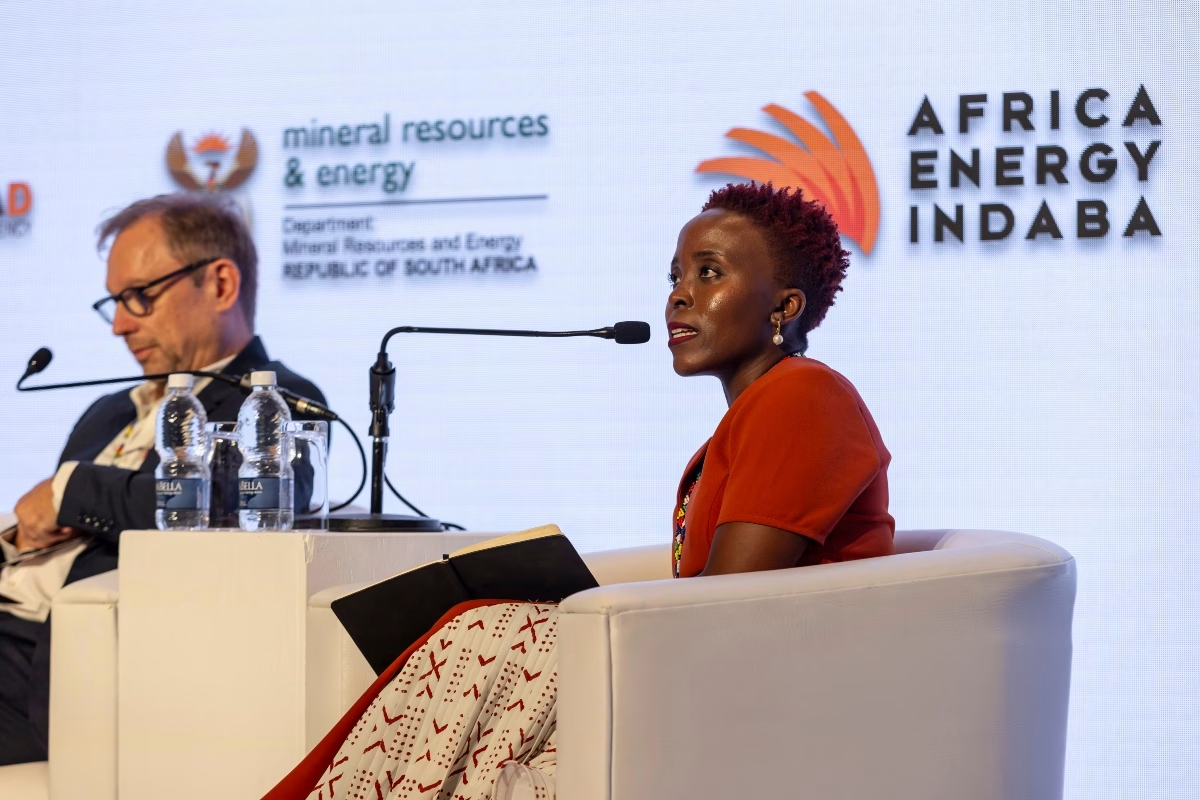Peace, security, and governance form the backbone of sustainable development in Africa, yet they remain some of the continent’s most complex challenges. From political instability to persistent regional conflicts, insecurity continues to slow progress and affect millions. However, Africa also holds success stories of peacebuilding and governance reforms that showcase what can be achieved with collaboration, leadership, and innovation.
Persistent Challenges: Conflict Hotspots
The Sahel, Central Africa, and the Horn of Africa remain conflict hotspots where insurgencies, political instability, and economic challenges intersect. For instance, the resurgence of extremist activity in Mali, Burkina Faso, and Niger has displaced over 2 million people, affecting livelihoods and weakening regional stability. Similarly, Somalia and South Sudan face persistent unrest despite international and regional peacekeeping efforts.
Fact: According to the UN, Africa hosts over one-third of the world’s displaced populations due to ongoing conflicts.
Building Peace: Ongoing Processes and Progress
While challenges persist, there are ongoing peace processes that bring hope. In the Horn of Africa, the Pretoria Agreement between Ethiopia’s federal government and Tigrayan forces, brokered by the African Union, marked a major turning point. Implementation of ceasefires and humanitarian aid access has gradually restored stability in the Tigray region.
In the Sahel, the G5 Sahel Joint Force, supported by regional alliances and the UN, combines military interventions with local peacebuilding initiatives. Niger’s community-based dialogues to reintegrate former combatants demonstrate a practical model of local-led peace efforts.
Opportunities for Democratic Governance
Africa is preparing for critical elections in 2025, including in Zimbabwe, South Sudan, and the Democratic Republic of Congo. These elections offer a chance for leaders to restore trust through transparency and accountability. The role of regional bodies like the African Union’s Election Observer Missions (AUEOM) and the Southern African Development Community (SADC) will be pivotal in ensuring credible elections.
In Nigeria’s 2023 elections, technological innovations such as digital voter verification improved the process’s credibility. Scaling such innovations across other African states can reduce fraud and build trust.
Example: Zimbabwe’s electoral reforms, supported by civil society organizations and SADC, are focused on improving election integrity and enhancing voter confidence.
Governance and Economic Stability
Good governance goes hand-in-hand with economic development. In Rwanda, governance reforms have strengthened a business-friendly environment, resulting in sustained economic growth and improved living standards. Similarly, in Ghana, anti-corruption initiatives have improved accountability and enhanced public trust.
African governments must adopt policies that promote inclusive governance, reduce corruption, and strengthen institutions to ensure stability. Initiatives like the Mo Ibrahim Foundation Index of African Governance provide frameworks for tracking and improving governance performance.
The Way Forward
- Strengthening Institutions: Building resilient state institutions is critical for delivering services, ensuring justice, and addressing inequalities.
- Local Solutions for Peace: Encouraging community-led initiatives in conflict zones can facilitate dialogue and reconciliation.
- Democratic Innovations: Leveraging technology to improve electoral processes will increase transparency and participation.
Why It Matters
Peace and good governance are the cornerstones of Africa’s future. Resolving conflicts, ensuring credible elections, and strengthening institutions will enable Africa to unlock its full potential. Without stability, progress in agriculture, infrastructure, and education will remain out of reach. By addressing these issues head-on, Africa can ensure that its people thrive in peace and prosperity.
Resource: African Union Peace and Security Council, UN Sahel Stability Reports
Building Stability Through Actionable Peace Processes
Insecurity—whether insurgencies in the Sahel, political instability, or conflicts in the Horn of Africa—has hampered growth across the continent. While the African Union’s Peace and Security Council (PSC) has made notable progress, 2025 must focus on actionable, ongoing peace processes and conflict resolutions that restore stability and trust in governance.
Ongoing Peace Processes: The Sahel and Horn of Africa
The Sahel remains a focal point for insurgencies, with extremist groups destabilizing communities across Mali, Burkina Faso, and Niger. Regional organizations like ECOWAS and the G5 Sahel Joint Force have spearheaded military and diplomatic interventions, but localized peace processes are equally essential. In Niger, community-led negotiations have helped reintegrate former combatants and reduce conflict in rural regions.
In the Horn of Africa, efforts to resolve the Ethiopian-Tigray conflict have gained traction through mediation by the African Union High-Level Panel. The Pretoria Agreement in 2023 marked a significant turning point, and continued support for humanitarian aid and reconstruction will be critical to ensuring long-term stability.
Citation: AU Peace and Security: Ethiopian Mediation, UN Sahel Report: Stability and Peacebuilding
Promoting Governance through Transparent Elections
2025 will see critical elections across Africa, including in Zimbabwe, South Sudan, and the Democratic Republic of Congo. Ensuring free and fair elections is vital to restoring trust in governance. The African Union’s Election Observer Missions (AUEOM) will play a central role, as seen in their oversight of Nigeria’s 2023 elections, which improved transparency and accountability.
In Zimbabwe, reforms to the electoral process, supported by civil society organizations and the Southern African Development Community (SADC), aim to ensure greater credibility in upcoming polls.
Citation: SADC Electoral Observer Missions, AU Election Observers Report
Conflict Resolution through Economic Development
Economic hardship often fuels unrest. Programs that address youth unemployment, like the Sahel Youth Employment and Skills Development Project led by the World Bank, combine education and job opportunities to tackle the root causes of instability.
In Somalia, the combination of economic support and community-focused peacebuilding initiatives has helped rebuild trust between local governments and citizens. The success of programs such as the Somalia Stability Fund shows the value of combining economic development with governance reforms.
Citation: World Bank: Youth Employment in Sahel, Somalia Stability Fund
Why It Matters
Peace and governance are the bedrock of Africa’s progress. From resolving conflicts in the Sahel to promoting democratic elections and economic inclusion, ongoing efforts in 2025 will lay the foundation for stability, innovation, and growth across the continent. Without peace, Africa cannot realize its full potential.
Resource: African Union Peace and Security Council, UN Sahel Stability Reports
Stability as the Foundation for Africa’s Growth
Insecurity—whether insurgencies in the Sahel, political instability, or conflicts in the Horn of Africa—has hampered growth across the continent. The African Union’s Peace and Security Council (PSC) has made strides, but 2025 must see a shift toward sustainable peacebuilding and governance rooted in accountability.
Addressing Regional Conflicts
The Sahel remains a flashpoint of insurgencies driven by economic hardship and political instability. Africa must invest in local solutions, such as community-led peacebuilding programs and partnerships with regional bodies like ECOWAS.
Citation: UN Sahel Report: Conflict and Stability
Governance and Elections
A wave of elections in 2025—including those in South Sudan and Zimbabwe—will test Africa’s democratic resilience. Ensuring fair and transparent processes, bolstered by international oversight, will strengthen trust in governance.
Citation: AU Election Observers
Why it matters: Without peace and governance, progress in all other areas will falter. Stability creates space for innovation, investment, and opportunity.
Resource: African Union Peace and Security











